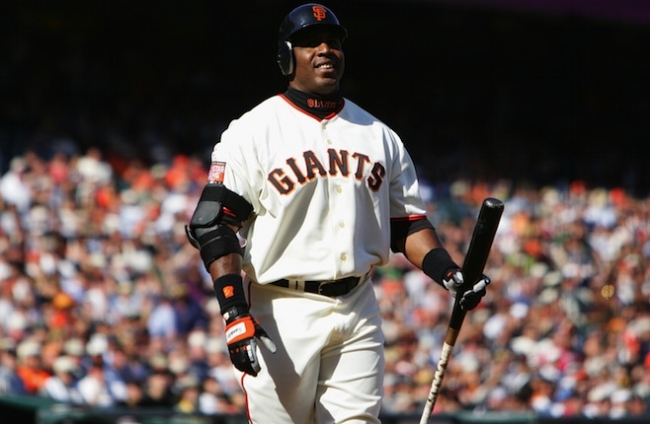This is the third and final post in my series on the 1981 MLB strike. In the first two, I covered the reasons behind it and how it affected the standings. A book by Jeff Katz, the mayor of Cooperstown, on the topic has been rated highly. I plan on reading it on vacation in a few weeks.
The baseball strike of 1981 is not discussed much; Paul hadn't even heard of it before researching it for our podcast a couple weeks ago. Some of that is because of the 1994 strike that wiped out a World Series and broke America's trust in the game. The other reason, however, is because there was a more important strike going on in America. This strike took up way more headlines and drew the attention of freshly elected president, Ronald Reagan.
On August 3, 1981, the 12,000 members of the Professional Air Traffic Controllers Organization (PATCO) went on strike. Reagan delivered the message above, giving the workers two days to report back to work. In his mind, striking in the private sector (like baseball) was a worker's right. Striking as a government employee, however, was against the law and should not be tolerated. Two days later, Reagan followed through with his threat and fired over 11,000 workers. Those workers were given a lifetime ban from working for the FAA (later lifted by President Clinton).
By that point, baseball had resolved its strike. A deal was reached on July 31 and play began with the All-Star Game on August 9—in front of 72,086 fans. By August 10, regular season baseball was officially back.








Baseball is here! And more importantly, that means the over/under game is back. It seems as though everyone is an expert this time of year. Somehow we convince ourselves that we are better at predicting baseball outcomes than everyone else. Well, AFITB is putting that to the test for the third year in a row. Think you know more about baseball than us? You probably do. But go ahead and prove it anyway.